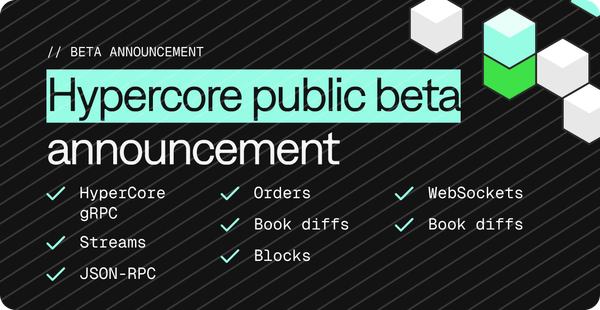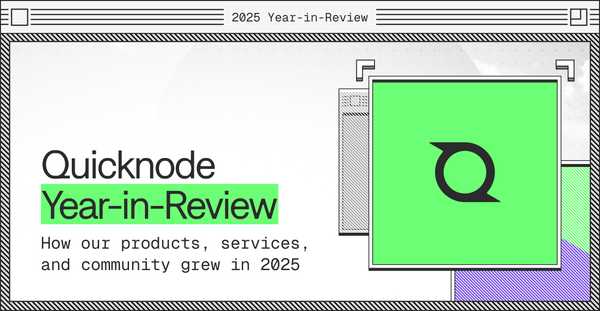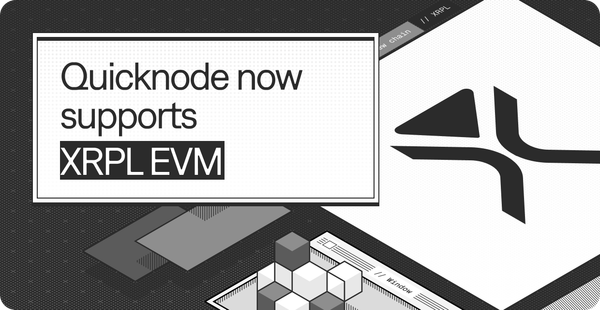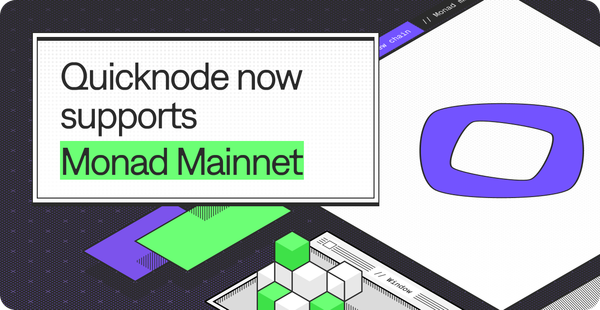EIP-7702 Explained: The Future of Ethereum
EIP-7702 is set to make account abstraction come to life on Ethereum at scale with its lean and simple implementation.
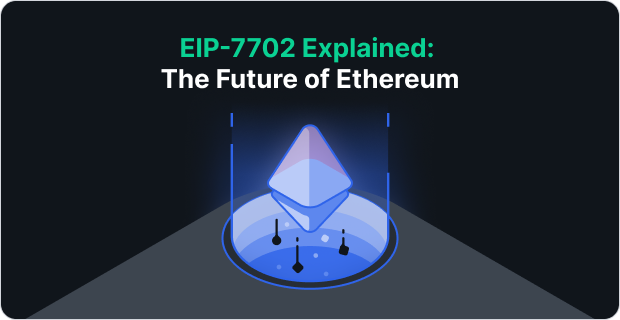
The recent emergence of account abstraction (AA) has garnered lots of attention as a much-needed solution for Ethereum’s sizable user experience issues. However, despite its proclaimed potential, actually implementing account abstraction has remained an elusive challenge—until now.
Enter EIP-7702, a groundbreaking proposal spearheaded by Vitalik Buterin and other core Ethereum developers designed to streamline the integration of account abstraction.
In this blog post, we'll explore the intricacies of EIP-7702, why it's needed, what it brings to the table, and how it paves the way for a more user-friendly and future-proof Ethereum that is truly capable of mainstream adoption—which feels even more possible after Ethereum ETF applications were recently approved.
But first, what exactly is account abstraction?
What is Account Abstraction?
Account abstraction allows the creation of smart contract accounts to initiate and execute transactions without needing an externally owned account (EOA).
Put simply, account abstraction aims to make web3 so seamless that everyday users might not even notice they're using it, while still reaping all its benefits.
A web2 parallel is all the backend systems and mechanisms that work behind the scenes when a customer swipes their card at a check-out terminal; that customer only cares that they can pay for their purchase, and has no interest in the intricacies of the transaction itself. Similarly, account abstraction aims to enable a web3 user experience as seamless and simple as possible with many potential use cases.
The Potential of Account Abstraction
The power of account abstractions comes from allowing developers to bake sophisticated functionalities directly into user accounts, such as automated transactions, wallet recovery mechanisms, and more.
For developers eager to explore account abstraction further or seek hands-on guidance, QuickNode provides a comprehensive guide that breaks down the concepts and provides practical applications.
If you want to implement account abstraction in your projects, QuickNode's marketplace features an add-on from Stackup that can streamline the process. Learn more about this add-on here.
While the concept has garnered significant interest, as evidenced by the growing number of account abstraction-enabled wallets, the lack of native Ethereum implementations highlights the inherent adoption challenges.
The Challenges of Account Abstraction
Implementing account abstraction on Ethereum comes with several challenges. The ERC-4337 standard has inherent issues, and additional challenges arise during implementation. Here are three major risks:
- Ownership and Control Decoupling Risks: Account abstraction can decouple account ownership and control to the 'EntryPoint' contract, introducing risks like unauthorized transactions and smart contract bugs. Developers need to implement technical gatekeepers to mitigate these risks, adding complexity.
- Logistical Risks of ERC-4337 Compatibility: Existing EOAs are simpler than the complex functionalities offered by ERC-4337, requiring significant backend logic and code refactoring. Decentralizing bundlers for security and updating popular infrastructure like MetaMask adds to the logistical challenges.
- EntryPoint Contract as a Single Point of Failure: ERC-4337 relies heavily on the EntryPoint contract for processing and validating UserOperations, making it a single point of failure susceptible to security risks and reliability issues.
Furthermore, smart contract account transactions are more expensive than traditional EOA transactions, adding another layer of complexity.
The Proposed Solution: EIP-7702
EIP-7702 addresses these challenges by combining the best features of three other Ethereum Improvement Proposals—ERC-4337, EIP-3074, and EIP-5003—while mitigating their individual limitations. With this approach, EIP-7702 aims to ensure account abstraction implementation is much more efficient and compatible.
Let’s briefly understand these components before diving deeper:
ERC-4337 — Smart Contract Accounts: ERC-4337 allows smart contracts to function as user accounts, enabling developers to build complex transaction logic and user experience improvements. However, it lacks native support for converting EOAs into smart contract accounts, has no backward compatibility, and makes transactions expensive.
EIP-3074 — AUTH and AUTHCALL: EIP-3074 enhances EOA capabilities with two new opcodes, AUTH and AUTHCALL. These allow EOAs to temporarily act like smart contract accounts. However, it requires a hardfork and relies on invokers, creating a centralized point of failure.
EIP-5003 — AUTHUSURP: EIP-5003 introduces the AUTHUSURP opcode for permanently migrating EOAs to smart contract accounts. This is achieved by deploying smart contract code to the EIP-3074-authorized address and revoking access from the original private key.
In addition, EIP-7702 also builds upon these combined proposals by introducing a new transaction type that temporarily allows an externally owned account (EOA) to execute as a smart contract wallet for a single transaction.
This temporary code assignment is trustless, compatible with existing ERC-4337 infrastructure, function-based for smoother integration, and designed for future-proofing without the need for hard forks.
How EIP-7702 Accelerates Ethereum’s Adoption
Through these proposed changes, EIP-7702 dramatically upgrades account abstraction adoption potential on Ethereum, with stand-out features such as:
- Trustlessness: EIP-7702 eliminates the need for a central point of trust by temporarily assigning smart contract code to EOAs for a single transaction. This trustless approach nullifies any access or contract signature after the transaction.
- Compatibility: EIP-7702 is fully compatible with existing ERC-4337 infrastructure, requiring no hardfork or new opcodes. It works seamlessly across EOAs and smart contract accounts, unifying account abstraction on Ethereum.
- Function-Based Validation: EIP-7702 is designed to couple validation (AUTH) tightly with execution (AUTHCALL), reducing disruption and easing the transition. This function-based approach improves the developer experience by minimizing the learning curve.
- Future-Proof: EIP-7702 ensures backward compatibility with ERC-4337 accounts and carries low technical debt. It requires no hard forks for maintenance, allowing developers to build long-term solutions confidently.
A Developer-Friendly Path Toward Account Abstraction
Until now, the promise of account abstraction has remained unfulfilled, hampered by implementation complexities, lack of native support, and disparate approaches. EIP-7702 offers a developer-friendly solution that directly addresses these core issues, enabling EOAs with smart contract account functionalities in a trustless, compatible, and future-proof manner.
As Ethereum continues to evolve, EIP-7702 represents a crucial step toward realizing the true potential of account abstraction, paving the way for a more user-friendly and developer-friendly ecosystem.
To easily access account abstraction for yourself, QuickNode’s Marketplace offers seamless add-ons that can instantly improve your application’s user experience. Get started with QuickNode Marketplace today and see what possibilities it can unlock for you.


